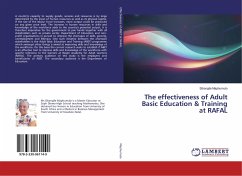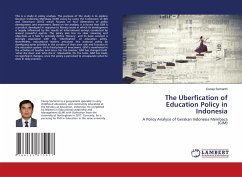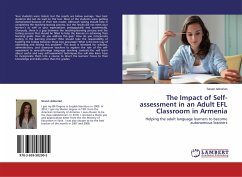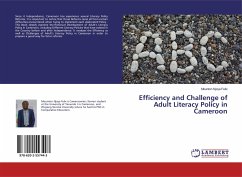The year 2006 can be considered a turning point for the EU policy-making in the adult learning sector: a radical shift from a wide-ranging and comprehensive conception of educating adults towards a vocationally oriented understanding of this field and policy area has been observed, in particular in the second half of the so-called 'Lisbon decade' 2000-2010. This book investigates the adult education policy in and by the European Union, with a particular focus on the changes of policy orientation that occurred during this reference decade. Hence, it is shown that the new target of the EU adult education policy, in this framework, has shifted from citizens to workers, and how the competence development model, borrowed from the corporate sector, has been established as the reference for the new policy road maps. Moreover, it is conveyed that the way in which the EU is shaping the upgrading of skills and competences of adult learners is modelled around the needs of the 'knowledge economy', thus according a great deal of importance to the 'new skills for new jobs' and perhaps not enough to life skills, social and civic competences.
Hinweis: Dieser Artikel kann nur an eine deutsche Lieferadresse ausgeliefert werden.
Hinweis: Dieser Artikel kann nur an eine deutsche Lieferadresse ausgeliefert werden.








